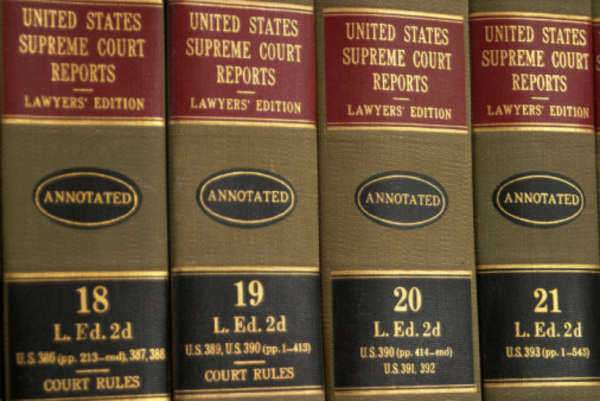Idaho Guardianship Law

What are Idaho Guardianship laws?
Idaho guardians of minor children are appointed by the state courts to care for children or the children’s assets. Any individual who is not an adoptive or biological parent or who does not have a child custody order filed against them may require a guardianship to care for the children, authorize medical care and enroll them in school. Idaho Guardians can include grandparents or any other close relatives. If the prospective child has substantial assets (over $5,000 as determined by Idaho Guardianship Laws) from working, inheritance, gifts etc., the Idaho guardian is awarded authorization to handle the youth’s state.
Idaho Guardianship Law: How is a Guardian Appointed?
Idaho guardianship laws permit courts to appoint Idaho guardians for unmarried minor children when parental rights of the biological Barents are terminated or when the child has been abused, neglected or abandoned. Moreover, Idaho guardianship laws permit courts to appoint an Idaho guardianship when the child’s biological parents are deemed financially, emotionally or mentally ill-equipped to care for the minor child. According to Idaho Guardianship law, abandonment refers to failing to care for or support the minor child for at least six months.
ID Guardianship Law: How does the State Choose a Guardian?
ID Guardianship laws specifically state that advanced disabilities or age will not be weighed or viewed as a reason to refuse an Idaho guardianship so long as the potential Idaho guardianship can adequately care for the minor child. According to ID Guardianship law, a fit Idaho guardian who is named as guardian in a parent’s will possesses authority over others unless the Idaho guardian fails to accept the appointment within 30 days of the notice of an Idaho guardianship proceeding.
Idaho Guardianship Law: Child Protective Act
The Child Protective Act is one of the most fundamental aspects of Idaho Guardianship Laws. This aspect of ID Guardianship law states that the court can end a guardianship if the Idaho guardian fails to provide adequate care. An Idaho guardianship—according to ID guardianship law—may be terminated if/when the child no longer needs a guardianship or the guardian is no longer able to care for the child.
Idaho guardianship law declares that a child no longer needs an Idaho guardian when he/she turns 18 years of age, dies, marries, is adopted or is placed with another guardian or his/her biological parents. ID Guardianship laws are instituted and maintained by the state’s Department of Health and Welfare; this department will act as an interested party to any Guardianship proceedings involving minor children who are subject to the state’s Child Protective Act. In these cases, the Idaho Department of Health and Welfare will serve the court with all necessary documents to uphold Idaho Guardianship laws.
Idaho Guardianship Law: How does the State Terminate a Guardianship?
According to Idaho Guardianship law, the court may end a Guardianship if the Idaho guardian fails to provide adequate care for the child. The Guardianship will also be terminated when the youth no longer needs a guardian or the guardian is no longer to provide the child with suitable care.
If the Idaho guardian is not incapacitated, but wants to terminate the Guardianship, he or she—according to Idaho Guardianship laws—must petition the court and permit new guardians to be appointed. During this time, the Idaho Guardianship is still responsible for the minor child. If the Idaho Guardianship only applies to the minor child’s assets, the Idaho Guardianship will end if the child’s assets no longer belong to the youth.














